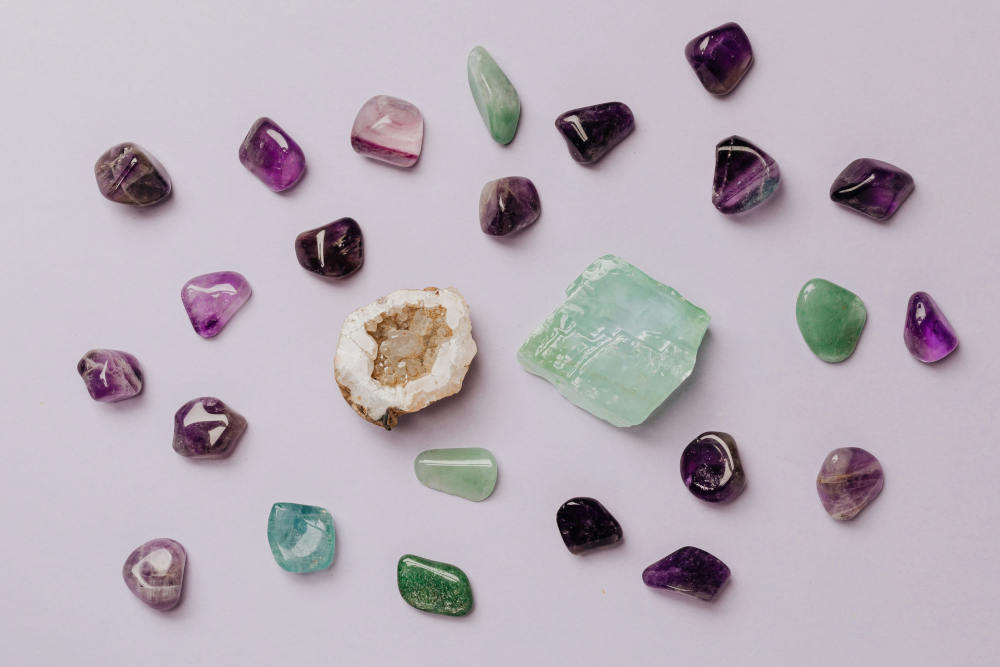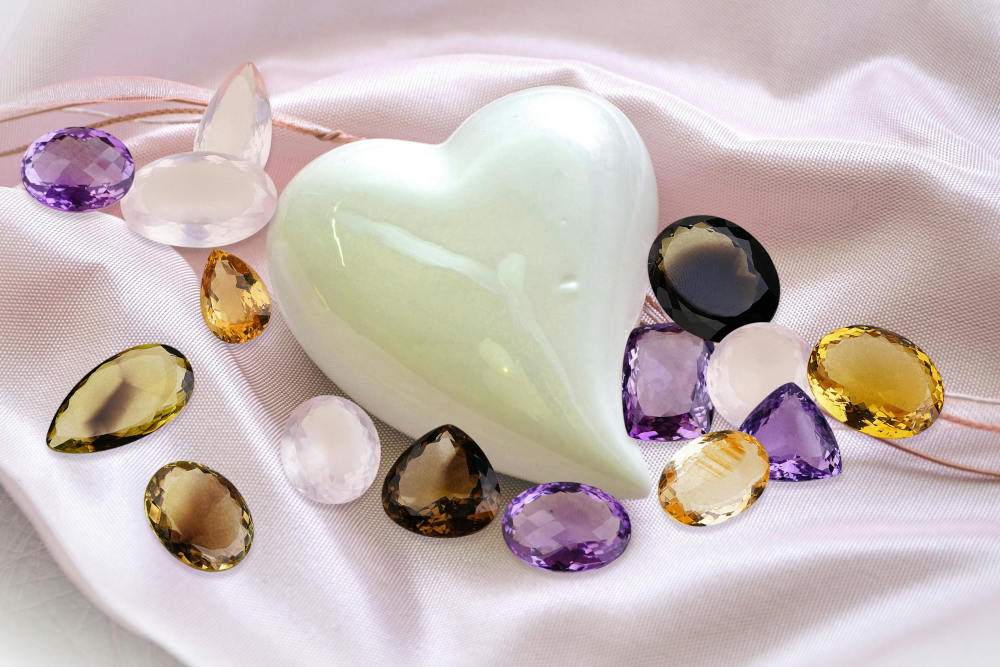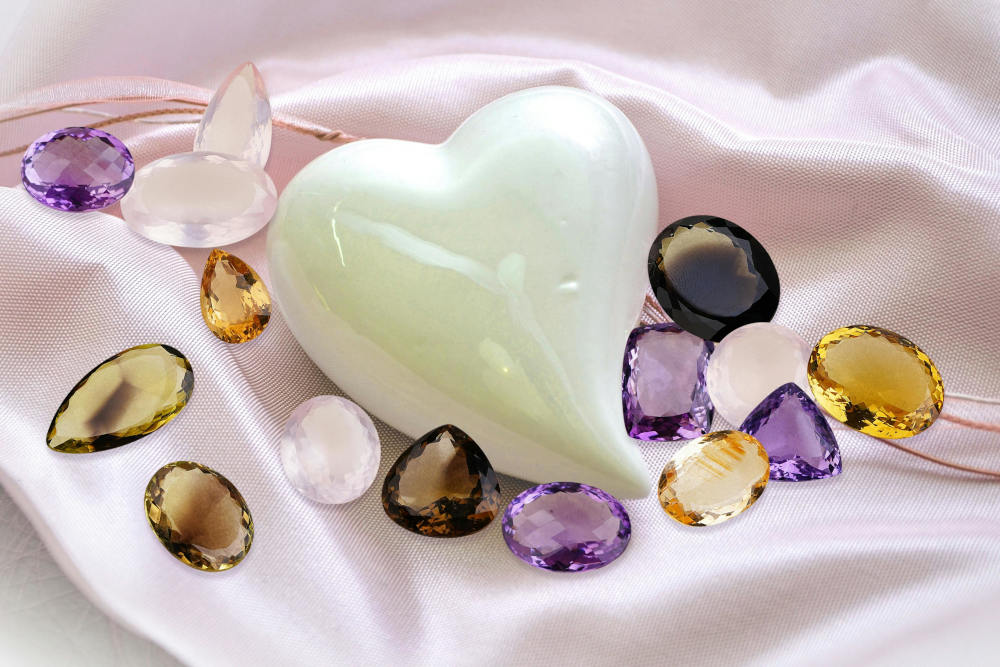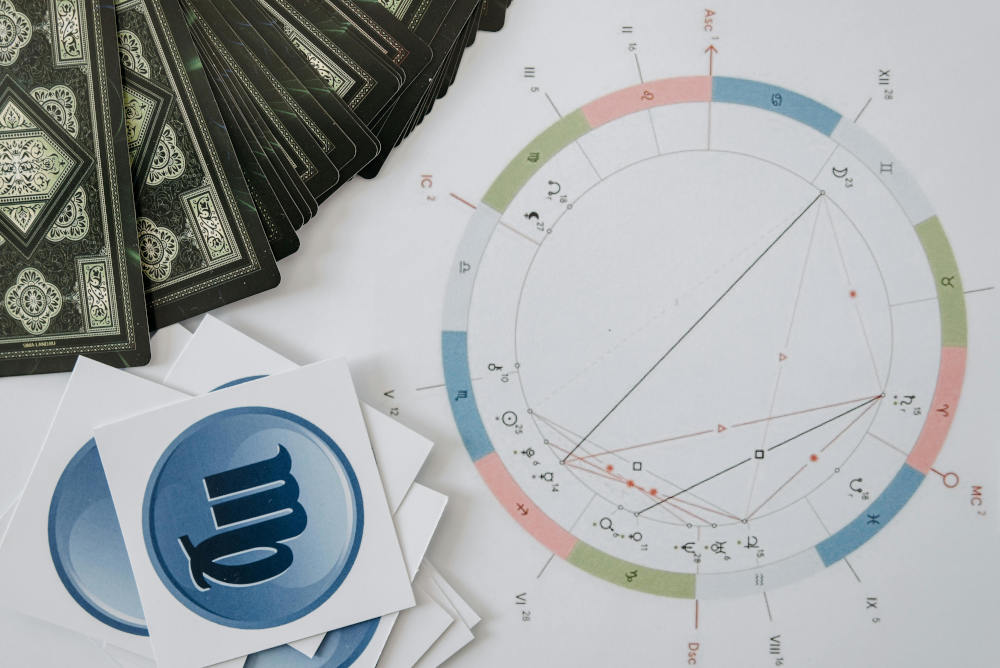
Cheap Monday was a Swedish clothing label founded in 2000 by Örjan Andersson and Adam Friberg. It offered a wide variety of clothes for women and men, including tight fit jeans in versatile blues, blacks, and whites.
The retail giant Hennes & Mauritz (H&M) acquired Cheap Monday in 2008, then announced its closure in November 2018 due to underwhelming sales and finalized it in June 2019.
H&M still owns many other brands, including Monki, Weekday, COS, & Other Stories, and ARKET.
Panaprium is independent and reader supported. If you buy something through our link, we may earn a commission. If you can, please support us on a monthly basis. It takes less than a minute to set up, and you will be making a big impact every single month. Thank you!
Sustainability Practices
The H&M group wants to take the lead and recycle unwanted clothes on a global scale. It operates a Garment Collecting program since 2013 with its business partner I:CO. It also launched a rental service at one of its Stockholm stores.
H&M uses a low amount of sustainable materials such as organic or recycled fabrics, including organic cotton, linen, recycled polyester, and regenerated nylon.
It also creates some of its garments with semi-synthetic fibers or regenerated cellulosic fabrics such as lyocell, modal, acetate, cupro, and viscose.
But not all materials used by H&M are environmentally friendly and sustainable. The brand considers a garment sustainable when it contains at least 50% sustainable fibers.
H&M still makes plenty of its clothes using highly polluting fabrics and synthetic petroleum-based fibers such as conventional polyester, nylon, spandex, acrylic, polyethylene, polypropylene, and polyurethane.
H&M publishes a list of its manufacturing and processing facilities and makes it available publicly on its corporate website.
The 2020 Fashion Transparency Index gave H&M a score of 73% based on how much the group discloses about its social and environmental policies, practices, and impacts.
H&M manufactures its clothes in Turkey and many other East Asian countries where human rights and labor law violations still happen every day.
The retail group doesn't show any labor certification standard that would ensure socially responsible working conditions, decent living wages, health, safety, and other crucial rights for workers in its supply chain.
H&M doesn't use any exotic animal skin, or hair, fur, angora but uses leather, wool, silk, and down feathers. The brand sells many animal-derived products.
These animal-based materials are cruel and unethical. They also harm the environment by producing greenhouse gases and wastes. More sustainable alternatives exist.
Sustainability Goals
H&M is working on innovative ways to bring a higher and higher proportion of recycled fibers into its compositions.
H&M aims to source 100% sustainable cotton by 2020. Its central goal is to reach 100% recycled or more sustainably sourced materials by 2030, if not sooner.
The clothing retailer is committed to making two tiers of its supply chain climate neutral by 2030. By 2040, H&M strives to have a 100% climate positive value chain by increasing energy efficiency and using renewable energy in its facilities.
The H&M Group is aware that it's responsible for all of its 177,000 employees as well as the 1.6 million textile workers employed by its suppliers. It has a clear strategy to improve living wages and working conditions in the future.
Buy Here
You may still find Cheap Monday jeans and Spring/Summer 2019 products at ASOS, Zalando, Weekday, Nelly, Boozt, or Junkyard.
Reviews And Experiences With Cheap Monday
Have you had (good) experiences with shopping at or the products of Cheap Monday? Then leave us your rating below.
What We're Up Against
Multinational corporations overproducing cheap products in the poorest countries.
Huge factories with sweatshop-like conditions underpaying workers.
Media conglomerates promoting unethical, unsustainable products.
Bad actors encouraging overconsumption through oblivious behavior.
- - - -
Thankfully, we've got our supporters, including you.
Panaprium is funded by readers like you who want to join us in our mission to make the world entirely sustainable.
If you can, please support us on a monthly basis. It takes less than a minute to set up, and you will be making a big impact every single month. Thank you.






























0 comments